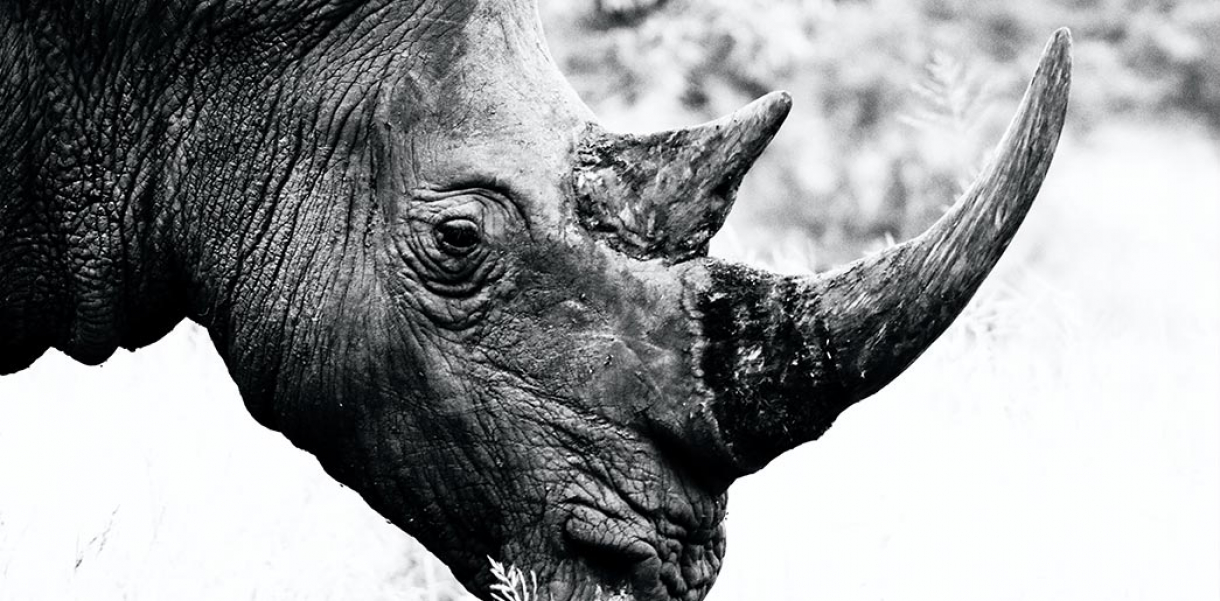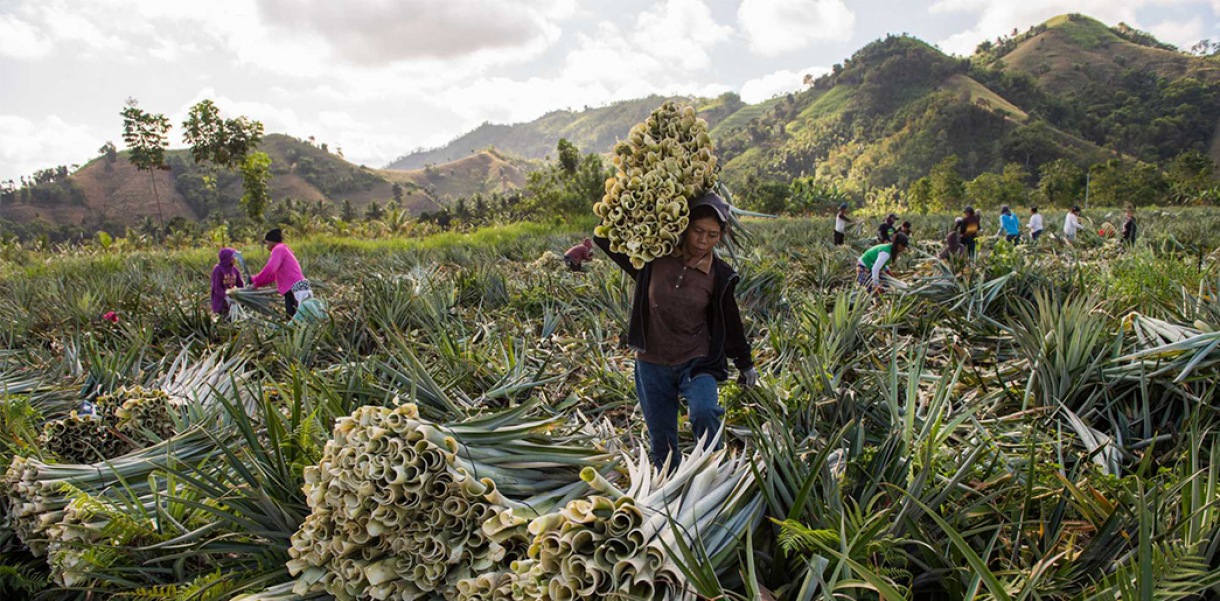Wondering what mysterious bugs are killing your tomato plants? Help's only a quick Google search away. But what if you own an entire plantation, which is your sole source of income, and don't have internet access?
This is the reality for millions of farmers around the world who've nowhere to turn when critical problems, like these, arise. But now, thanks to Wefarm, they can easily reach out to a global community of fellow farmers any time they need advice.
We asked Founder and CEO Kenny Ewan about Wefarm's "aha!" moment, the livelihoods it has boosted and how it helped one farmer, in particular, save his chickens.
What does Wefarm do in a nutshell?
"There are over a billion people involved in small-scale farming, primarily in sub-Saharan Africa and Asia. Together these farmers produce 70% of the world's food. However, many of these farmers are disconnected from each other, and therefore disconnected from being able to share knowledge and benefit from any collective buying and selling power.
Wefarm's mission is to build a trusted digital platform that empowers a global community of over 100 million small-scale farmers to be more successful. We want to ensure that no matter who you are, or what technology you have available to you, you can connect to the people and resources you need, and that's why our platform can even work via SMS."
"We want to ensure that no matter who you are, or what technology you have available to you, you can connect to the people and resources you need."
What inspired you to create the platform?
"I spent years living in Latin America, where I worked on several sustainable engineering initiatives with indigenous communities. Throughout my time, I saw a large number of multi-million dollar international donor projects that were disconnected from local reality, and often completely abandoned or being used for other purposes. I grew really disillusioned by these projects, because of the disconnect between the projects themselves and the people they were supposed to impact, and the marginalisation of local knowledge and innovation.
Together with Claire Rhodes, with whom I was part of the startup team of the Cafedirect Producers' Foundation (now called Producers Direct), I came up with the idea of what would later become Wefarm. We knew that, collectively, small-scale farmers had much of the knowledge they needed to achieve their full potential. Farmers all shared the same challenges; the issue was that they couldn't share and communicate their solutions and inventions at scale - they lacked the platform to do so. When the initial pilots of our idea proved really popular, I decided to launch Wefarm as a mission-driven startup in 2015."
We've seen the agri-tech sector boom in recent years, what makes Wefarm different?
"The technology that we are developing to connect farmers is quite unique. And not only because our platform doesn't exclude those without access to the internet. We use machine learning to match farmers with the right questions - that way we make sure that if someone asks the community a question via SMS, they get valuable and helpful responses. What's more, we're not limiting the responses that people get based on the language they speak - our Natural Language Processing libraries identify English as well as three key regional African languages.
We're one of the first organisations to develop such NLP libraries, so we're really leading the way in empowering a huge amount of people to access the platform where they can share their knowledge on a broader scale - something they haven't been able to do before.
What we're building really is all about people. We're not really agri-tech in the sense that we're building tech for agriculture, we're building a platform for the people that are part of this community. They are the ones that matter to us, and our goal to empower their success will, as a result, improve the output of the agriculture sector."
"The community has asked 4.6 million farming related questions, and members have given 10.6 million answers to help each other."
Tell us about the impact you've seen to date
"I think we've only just started to scratch the surface of the impact that Wefarm can have, but we've already seen some really promising figures. Last year we launched our marketplace in Kenya and Uganda, to connect farmers to top quality brands at better prices. Our sales figures in the first year from the launch were impressive. So far, 1.9 million farmers have joined the platform. The community has asked 4.6 million farming related questions, and members have given 10.6 million answers to help each other.
We've seen some really great things happen through Wefarm, but I always think of this one example when I get asked about the impact that Wefarm has: A few years ago, a Kenyan farmer called Kepha kept about 50 chickens. It was his livelihood. One day a disease killed nearly half of his chickens. He reached out to the Wefarm community — he sent a message on our platform — and a member responded within a few minutes. The answer this member gave him helped Kepha save the rest of his chickens, and eventually rebuild his flock."
Where do you see Wefarm in the next few years?
"Our vision, and the reason why we're building Wefarm, is for every small-scale farmer to be able to connect with the people and resources they need to achieve their full economic potential. This may be a bit too ambitious for the next few years, but that's what we're working towards."
-
Images: Wefarm



